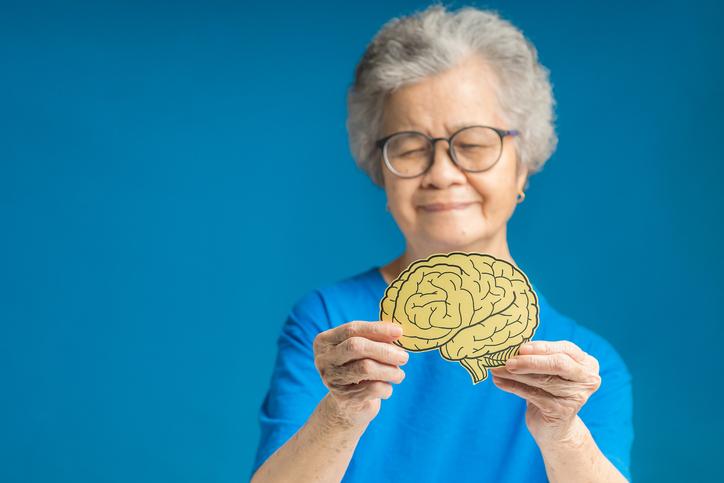13 марта 2025
What so Many Experience Mental Health Issues in the World?


13 марта 2025
What so Many Experience Mental Health Issues in the World?
## High-stress levels
The modern rhythm of life demands high productivity, multitasking, and success. People constantly face competition and pressure at work, in educational studies, and social relationships. Financial instability, loans, and uncertainty about the future intensify anxiety.
## Economic and political instability
Economic recessions, inflation, and fear of job loss cause chronic stress, and global political instability and conflicts cause fear and uncertainty.
> The COVID-19 pandemic has led to a multifold increase in anxiety disorders due to isolation and fear of illness.
## Information overload
We have access to an enormous amount of information and content. And unfortunately, it's not just cute kitties that get caught up in our information stream. News that constantly tells us about wars, disasters, and terrorist attacks causes chronic anxiety.
## Social media
Social media creates the illusion ===that other people have perfect lives, which causes feelings of inadequacy and low self-esteem. Cyberbullying and dependence on the approval likes, and comments of virtual friends increase anxiety.
## Loneliness
Increased time on the internet reduces real human interaction, which causes loneliness. Additionally, the rise of individualism in culture makes people less likely to seek support from others. Therefore, loneliness is becoming a global problem, especially among the young and elderly.
## Deterioration in the quality of sleep
To keep up with their responsibilities in life, people should save on the most important thing: sleep. Instead of the minimum required 7 hours a day, one-third of the world's population sleeps 5-6 hours and chronically does not get enough sleep. Lack of sleep reduces serotonin and dopamine levels, which leads to depression, impairs cognitive ability, and increases anxiety levels.
> Excessive use of electronic devices before bed disrupts circadian rhythms and is another cause of poor sleep quality.
## The problem of choice
Every day we have to make many decisions and plans. The need to keep up with everything, to make good purchases, to be responsible, etc., causes apathy, anxiety, and fatigue.
## Poor ecology and unhealthy lifestyle
Polluted air and lack of sunlight (especially in metropolitan areas) lead to a lack of vitamin D, which is linked to mood. Processed foods rich in sugar and trans fats negatively affect the brain and nervous system. Add to that a lack of physical activity, which reduces endorphins and dopamine levels, and the fear of getting sick, and you have the recipe for a nervous breakdown.
## Genetic and biological factors
Some people are genetically predisposed to anxiety disorders, and hormonal imbalances related to serotonin and cortisol levels increase the likelihood of depression.
## What can be done about it?
It is extremely difficult to independently cope with mental and psychological problems that have already appeared. However, it is still possible to prevent them from developing by eliminating anxiety and reducing stress levels. Try the following:
- Limit your time using social media and following the news: less negative content, more real-life socializing.
- Get enough sleep: get at least 7-8 hours every night, and avoid using electronic devices at least an hour before bed.
- Engage in physical activity: even 30 minutes of walking improves your mood.
- Maintain a conscious diet: incorporate more foods with omega-3, vitamin D, magnesium, and fiber.
- Use breathing practices and meditate: these help reduce anxiety.
- Seek help: if incorporating these strategies does not help, psychologists and psychotherapists can provide helpful strategies for dealing with mental health issues.













